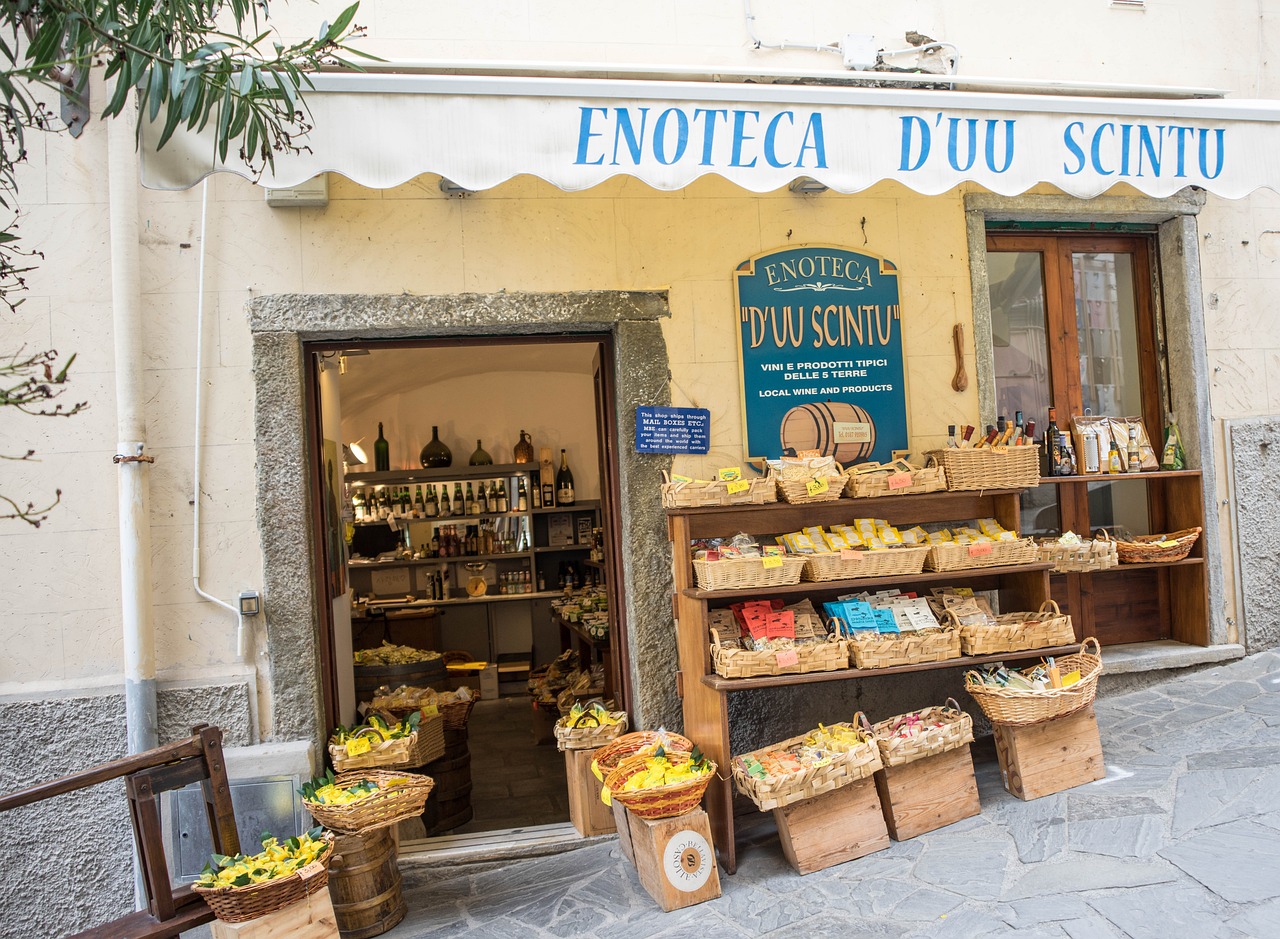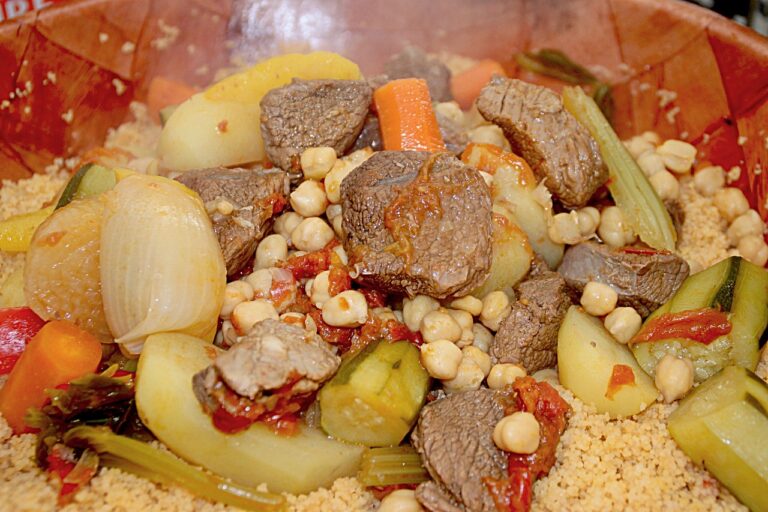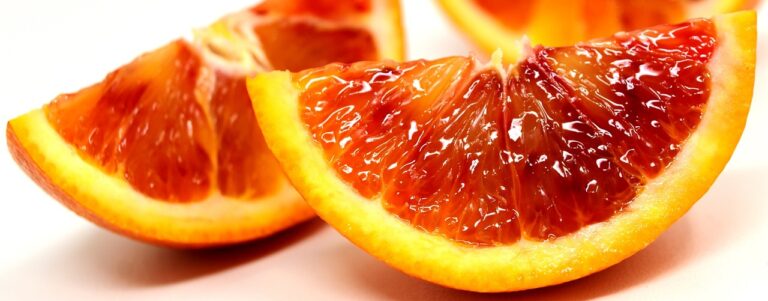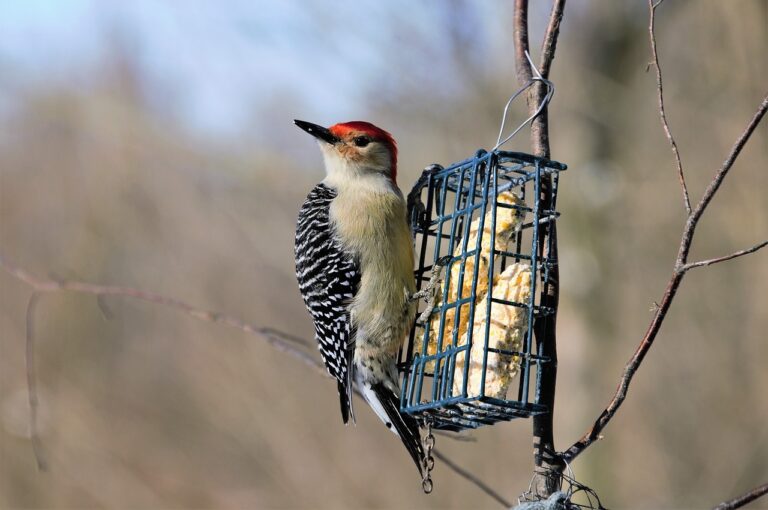The Cultural Significance of Oktoberfest
11xplay sign up, laser247 com, world777 register:Oktoberfest is one of the most iconic cultural celebrations in the world. Originating in Munich, Germany, this annual festival has become a global phenomenon, attracting millions of visitors each year. But what is it about Oktoberfest that makes it so special? In this article, we will explore the cultural significance of Oktoberfest and why it continues to captivate people from all walks of life.
The History of Oktoberfest
Oktoberfest traces its roots back to October 12, 1810, when Crown Prince Ludwig, later King Ludwig I, married Princess Therese of Saxony-Hildburghausen. To commemorate their wedding, the citizens of Munich were invited to join in the festivities, which included horse races, parades, music, food, and of course, beer. The event was so successful that it was decided to hold it annually, giving rise to what we now know as Oktoberfest.
Over the years, Oktoberfest has evolved and expanded, with new attractions and activities added to the lineup. Today, the festival lasts for 16-18 days, starting in late September and ending in early October, and it has become synonymous with beer tents, traditional Bavarian food, live music, and carnival rides.
The Cultural Impact of Oktoberfest
Oktoberfest is more than just a beer festival; it is a celebration of Bavarian culture and heritage. From the traditional dirndl and lederhosen outfits worn by attendees to the authentic German cuisine served at the festival, Oktoberfest offers a glimpse into the rich history and traditions of the region.
Beer, of course, plays a central role in Oktoberfest, with over six million liters consumed each year. Breweries from all over Bavaria participate in the festival, serving up their finest brews in massive beer tents that can accommodate thousands of people. The beer served at Oktoberfest must adhere to strict purity laws dating back to the 16th century, ensuring that only the highest quality ingredients are used.
In addition to beer, Oktoberfest is also known for its delicious food, with traditional dishes such as pretzels, sausages, roast chicken, and sauerkraut being served throughout the festival. These hearty meals are the perfect accompaniment to a cold beer and help fuel the party atmosphere that pervades Oktoberfest.
Music is another key component of Oktoberfest, with live bands playing traditional Bavarian folk music and popular songs to keep the crowd entertained. The infectious energy of the music, coupled with the clinking of beer steins and the laughter of revelers, creates an atmosphere of joy and camaraderie that is truly unique to Oktoberfest.
The Impact of Oktoberfest on Tourism
Oktoberfest is a major economic driver for Munich and the surrounding region, attracting millions of visitors from around the world each year. Hotels, restaurants, bars, and shops all benefit from the influx of tourists during the festival, creating jobs and stimulating the local economy.
But Oktoberfest is not just a boon for businesses; it also showcases Munich as a vibrant and welcoming city with a rich cultural heritage. The festival has become synonymous with German hospitality and camaraderie, drawing people from all corners of the globe to experience the magic of Oktoberfest for themselves.
The Future of Oktoberfest
As Oktoberfest continues to grow in popularity, organizers are constantly looking for ways to improve and expand the festival while staying true to its roots. New attractions, such as craft beer tents and wine gardens, have been added in recent years to appeal to a broader audience and ensure that Oktoberfest remains relevant in a changing world.
Despite its size and scale, Oktoberfest has managed to retain a sense of authenticity and tradition that sets it apart from other festivals. The dedication to quality, the emphasis on community and camaraderie, and the celebration of Bavarian culture all contribute to the enduring appeal of Oktoberfest and ensure that it will remain a beloved tradition for generations to come.
FAQs
Q: What is the best time to visit Oktoberfest?
A: Oktoberfest typically takes place from late September to early October, so visiting during this time is ideal to experience the full festival.
Q: Is Oktoberfest only about beer?
A: While beer is a significant aspect of Oktoberfest, the festival also features traditional Bavarian food, music, and carnival rides.
Q: Do I need a reservation to attend Oktoberfest?
A: Reservations are recommended, especially for large groups or if you plan on visiting on weekends. Many beer tents offer reserved seating for a more comfortable experience.
Q: Can children attend Oktoberfest?
A: Yes, children are welcome at Oktoberfest, although some beer tents may have age restrictions in the evenings. There are also family-friendly activities available throughout the festival grounds.







